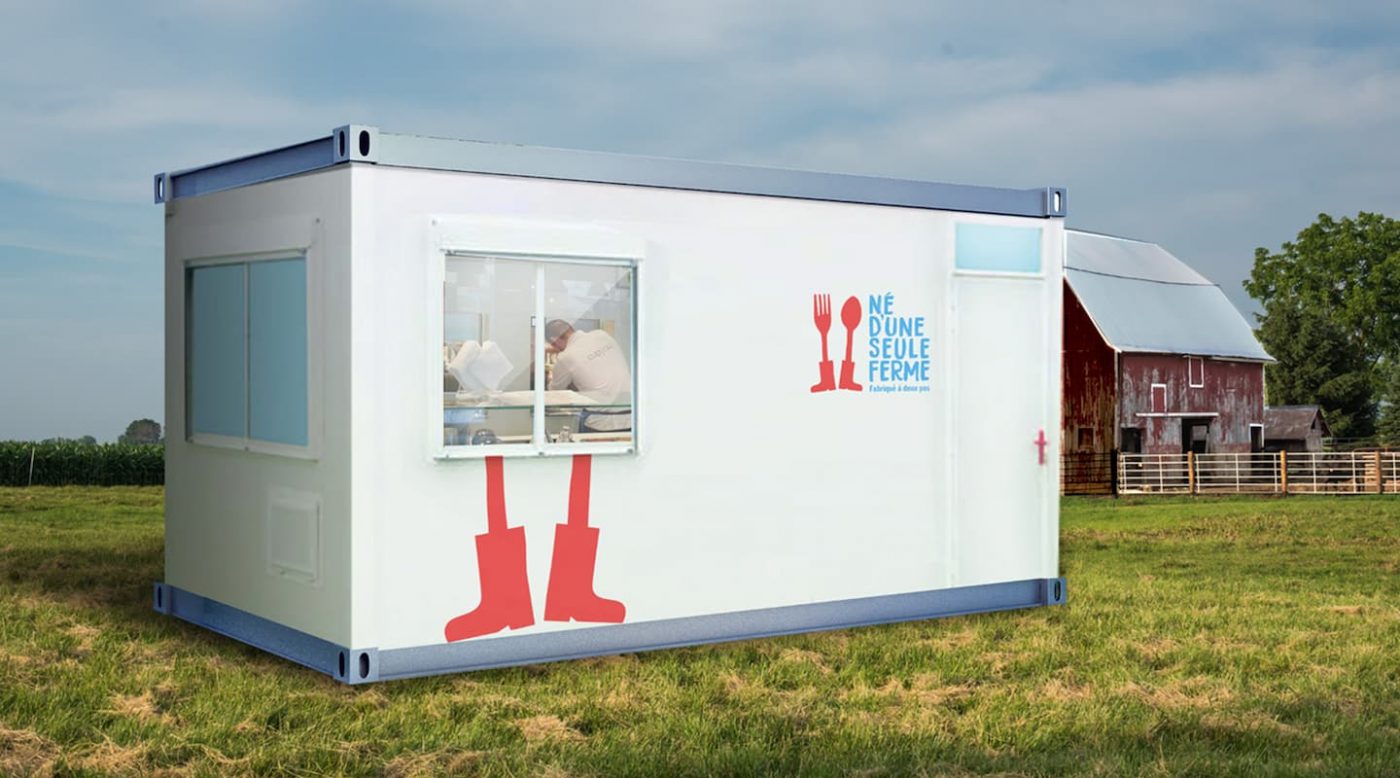The resilience of territories is an omnipresent subject, to which we, citizens, are all confronted and sensitive. For the past year, we have been questioning the role of policies in territories and their resilience. The growing mistrust of them might suggest that their impact has been minimal; and yet mayors have a level of trust twice as high as the government.
Thus, the brands and the territories involved will be the most resilient and able to survive any crisis.
Additionally, as a branding agency, we believe in design as an element of positive transformation. Since 2017, we have been convinced that the successful brands of tomorrow are those that will place people at the heart of their approach, embody a cause and have meaning, to leave a memorable mark beyond what they sell. Indeed, beyond local elected officials and mission-oriented companies, brands can also become actors.
They will always keep their primary economic role: to create jobs and to have an impact on the purchasing power of consumers. But they have the ability to go beyond their primary purpose and thus have a key role to play. A support role but also a driving force. Why? Because they are anchored in a principle of reality that brings them closer and connects them to citizens. This allows them to act as a support but also as a motor, a mirror of society. In addition to their commercial value, they participate in progress through innovation, their discourse, pedagogy, and give consumers the means to act.
However, the question of why remains.
Is it out of opportunism? Altruism? Obligation? And finally, what is left? Is purpose ultimately the basis of everything? This is not yet another story on the subject but to ask the question of the role of brands in the resilience of territories.
Some brands have transformed at the pace of consumers. They are anchored in a principle of reality that brings them together and connects them. They bring them a notion of dreams and pleasure by making their daily lives easier and by being more attentive to their needs. Indeed, there are those that adapt to the desires of consumers, without neglecting emotional value and pleasure. Those that meet their engagement needs. And finally, those who try to combine it all.
It is these useful brands, with a sufficiently rooted and embodied purpose that have a role to play in the development of territories. As a brand, how not to get lost in the twists and turns of its existence? How to elevate its utility beyond a simple functional response? How to impact the territories by developing sustainable and accessible solutions? Questions to which a few brands have already answered thanks to the consistency of the evidence and actions attesting to their purpose.
It is these useful brands, with a sufficiently rooted and embodied purpose that have a role to play in the development of territories.
Blablacar, whose mission has been declared since its creation “The good for all”, has demonstrated its agility and its contribution to the resilience of regions, thanks to the creation of its Blablahelp application: a service that connects neighbors in order to support and to support people who are isolated. A surge of solidarity around a community already well established and in perpetual growth, allowing the brand to have a significant impact on the territories and legitimacy to take part in them.
The startup Né d’une seule Ferme has also contributed to progress. The brand’s mission is to enhance the profession of farmer, by providing them with fairer remuneration, while promoting farms through the creation of the first national multi-local brand. Unique yogurts with a taste specific to each region.

In short, alongside citizens, local actors and governments, brands also have a role to play in the resilience of territories and more generally in their environment.
This is not just an exercise in style or tendency: it involves rights and duties. Having an impact on society, and therefore gaining relevance to local issues, requires honesty demonstrated by thoughtful and consistent actions. Without this, the actions taken by the brand may be perceived as opportunistic, thus diluting its impact through lack of consistency.
So yes, the brand and its purpose are key elements.
These are levers of action in the resilience of territories.
your purpose ?
